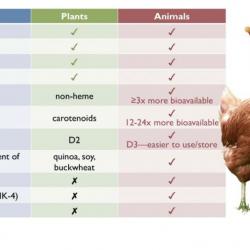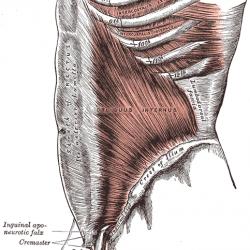Exploring Dialectical Behavior Therapy in Addiction Treatment
Addiction is an extremely complex disease that affects millions of people. While there are numerous types of treatment modules out there, dialectical behavior therapy, also known as DBT, is one treatment approach that has garnered a great deal of attention in the past few years. DBT is a cognitive-behavioral therapy that focuses on the practical application of change in a person's behavior and thoughts. Through DBT, a patient can learn new skills to manage their emotions, cope with stress, and defeat their addiction.
Understanding DBT
Originally, DBT was used as a treatment specifically created for individuals meeting diagnostic criteria for borderline personality disorder. However, since its creation, DBT has become a well-known treatment option for other mental health conditions, such as depression, eating disorders, addiction, and trauma. Core principles include mindfulness, distress tolerance, emotion regulation, and interpersonal effectiveness.
Mindfulness is the state of being aware of something within your body. This is especially important for individuals struggling with addiction, as being aware of your feelings and any changes within your body can help you maintain control in challenging situations.
Distress tolerance involves learning how to tolerate and cope with negative emotions without resorting to substance use or other forms of harmful behavior. An essential factor of distress tolerance is having an emergency plan in place if you feel out of control.
Regulating one's emotions means understanding and controlling one's own emotions. This is especially important for a person with an addiction since drugs or alcohol are often used as an escape from real-world problems. By learning to regulate emotionally, you will be able to learn to live your life without having to rely on drugs or alcohol.
DBT's final core principle is interpersonal effectiveness. An essential part of interpersonal effectiveness is learning to communicate effectively and assertively in relationships. This can aid people in recovery, because building healthy relationships can provide support through the challenges of staying sober.
Dialectical Behavior Therapy in Addiction Treatment
DBT can be helpful in various settings, including individual therapy, group therapy, or even in an outpatient treatment program like Atlanta Recovery Place. As a leading addiction recovery center in Georgia, Atlanta Recovery Place offers a whole range of programs that use DBT as a part of the treatment process. During our Georgia drug addiction treatment programs, staff will provide individual, group, and DBT-based support groups.
Atlanta Recovery Place offers an intensive outpatient program in Atlanta (IOP). This program includes individual therapy, group therapy, and support groups, most of which have a focus on maintaining recovery and preventing relapse.
Our Georgia partial hospitalization program (PHP) is a higher level of care than IOP. It includes individual therapy, group therapy, and support groups. The focus is on recovery and relapse prevention.
The Effectiveness of Dialectical Behavior Therapy in Addiction Treatment
DBT does have some challenges and limitations when being used in addiction treatment programs. First of all, one of the challenges would be a lack of trained DBT therapists available, depending on the area. Even though DBT is becoming widely accepted and recognized, there is still a limitation on therapists who are trained in this technique.
Furthermore, another challenge includes the high level of commitment involved with the client. DBT is a comprehensive therapy program, which means that the individual must actively participate in treatment and must practice the skills they have learned outside of treatment. This, too, can be difficult if a person is struggling with addiction; they may lose sight of why it is so important to keep going to therapy.
Additionally, as addiction is a chronic disease, there is a danger of relapse. Even if the individual completes the DBT program, they are still in danger of falling back to their old behavior. It is, therefore, essential for the individuals to receive ongoing support as well as continuous care after DBT to help them maintain their recovery and avoid relapsing.
Choosing Atlanta Recovery Place for Dialectical Behavior Therapy
DBT can be a beneficial addiction treatment. The main idea behind DBT is to help people learn the skills they need to cope with their addiction effectively. By identifying the problem's root, people can handle the situation and move on to a better life.
Atlanta Recovery Place is a leading addiction treatment center that offers a variety of programs that incorporate DBT into the treatment approach. We will provide you with steadfast support in an environment that is both engaging and structured. Contact our team today to learn more.
More to Read:
Previous Posts:







